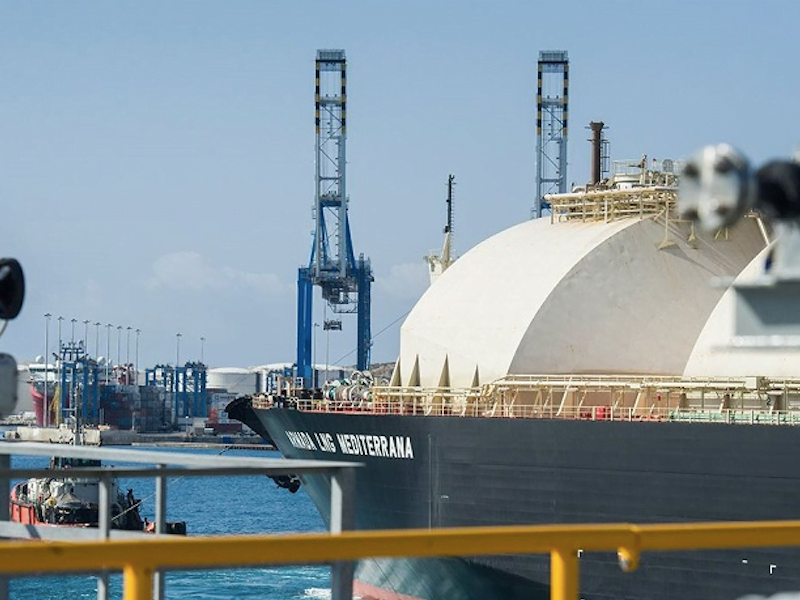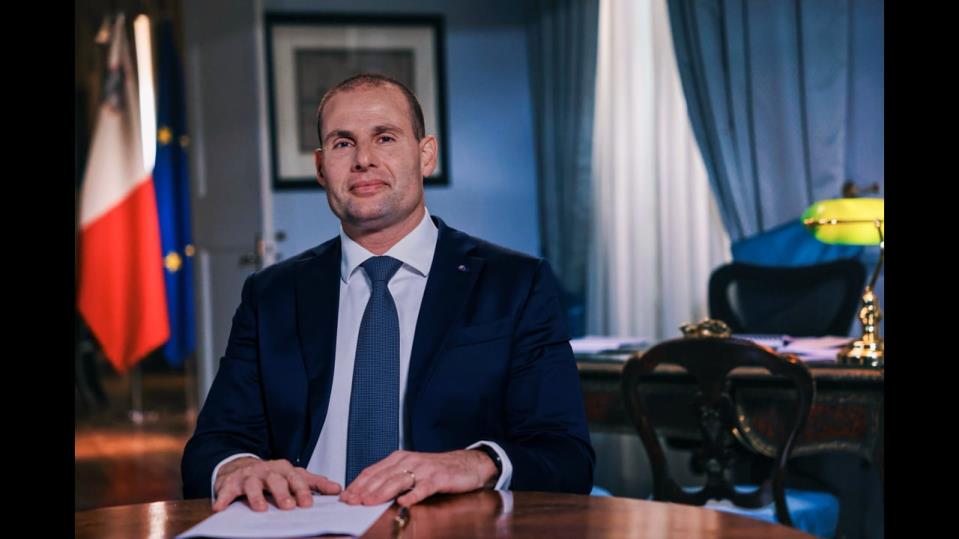The permanent secretary of the Finance Ministry, Alfred Camilleri, spoke of his lack of support for the €360 million government guarantee given to Electrogas, and distanced himself from people and decisions embroiled in corruption allegations linked to the deal.
Camilleri was testifying before the public inquiry board on Friday, which is investigating whether the assassination of journalist Daphne Caruana Galizia could have been prevented.
Camilleri told the board he had been concerned about giving the bank guarantee to both a private company and a project which was not under the government’s control.
He attempted to distance his ministry from responsibility, explaining that decisions for project funding are approved by the whole cabinet. He added that due diligence is carried out by the ministry that “facilitates” the projects.
“These risks had always worried me,” he said, in one of the many instances throughout the sitting where he expressed his concerns about the guarantee. He said Finance Minister Edward Scicluna shared these sentiments.
Camilleri added that his advice was not always taken, and that speaking one’s mind was not encouraged. He said he could not wait until the bank guarantee was lifted off.
The guarantee was lifted in December 2017 after the consortium signed a security of supply agreement with the government, following which international banks extended the loan to Electrogas.
Despite having serious concerns, Camilleri defended the guarantee from a legal point of view, arguing that it was legal and issued to all bidders, rather than just to the selected bidder.
Camilleri also justified his actions by noting that, according to his research, all major projects were mired in controversy over corruption and lack of transparency. Camilleri has been a permanent secretary at the ministry since 2006, and sits on the Public Accounts Committee.
Camilleri distanced himself from other instances tied to allegations of wrongdoing.
In a previous hearing of the public inquiry, Scicluna had spoken about the existence of a ‘kitchen Cabinet’ within the government — a term which refers to influential unofficial advisers to someone holding office — whom he “felt let down by”. This cabinet included former Chief of Staff Keith Schembri, who has been implicated in the assassination, and other consultants, including individuals from top legal firms who were involved in the Electrogas deal.
The permanent secretary pled ignorance on this point. “Don’t ask me about kitchen cabinets,” he said, “because I wouldn’t know.”
Asked by Caruana Galizia family lawyer Jason Azzopardi about a meeting Scicluna had in August 2017 with disgraced former Minister Konrad Mizzi, who at that time was no longer responsible for the project, Camilleri again said he did not know why the two met, claiming, “It was a political decision.”
The board, led by Judge Emeritus Michael Mallia, said they had requested documents on the bank guarantee and loan repayment, but the versions they received were heavily redacted, and not the original.
Mallia commented that the board should be provided with the original. “We cannot read anything,” he said, referring to the redactions.
Matthew Caruana Galizia notes timing of agreement in relation to his mother’s murder
Camilleri had sent out an email to his secretary to schedule a meeting for a “serious and urgent matter” on 4 September 2017, just weeks before the journalist’s assassination on 16 October.
The email was also mentioned by Azzopardi in his questions to Camilleri.
Displaying that email in a post on Facebook, Matthew Caruana Galizia, a pulitzer prize winning journalist, said that on 4 September, BOV had notified the government that Electrogas was bankrupt.
“It’s already burned through €600,000,000 and is not even running,” he wrote.
He went on to hypothesize that, had his mother published the Electrogas leak that they were working on, revealing the fact that 17 Black was owned by Electrogas director (and alleged murder mastermind) Yorgen Fenech, and that it had “promised a bribe to Mizzi”, then Electrogas “would have failed the compliance test by the banks”.
Caruana Galizia suggested that the company would have gone into liquidation, and the default on the €600 million loans would have triggered a collapse in the government’s credit rating, because the government was liable for these debts under the guarantee it had issued.
“The government would have been unable to pay off the skyrocketing interest on its other loans, and the government of Malta would have been in default, reduced to Argentinian status, and without a power station,” he wrote.
“What greater motive would the people involved have needed to commit murder?”












